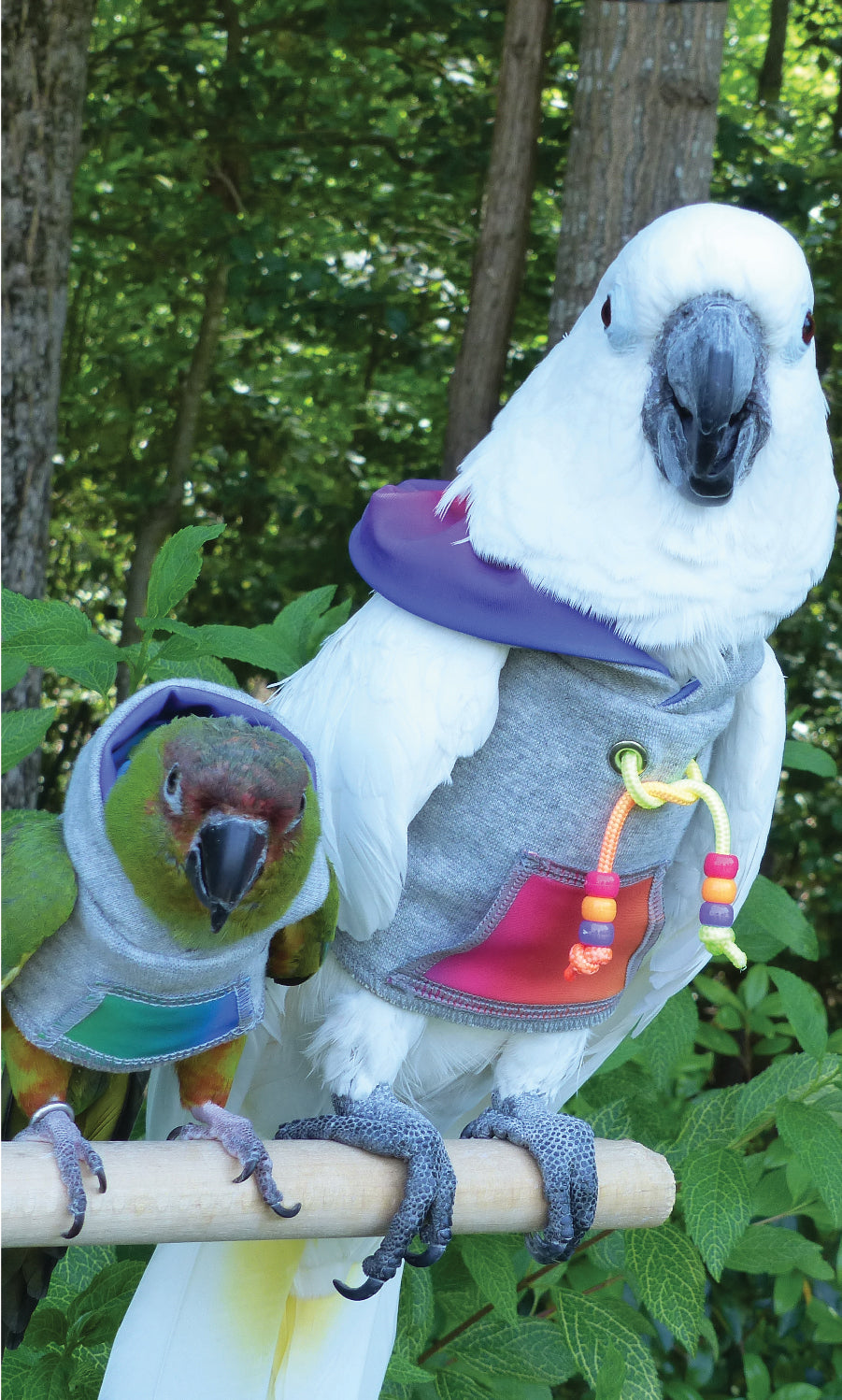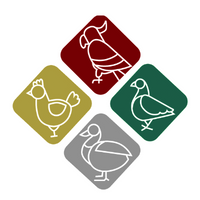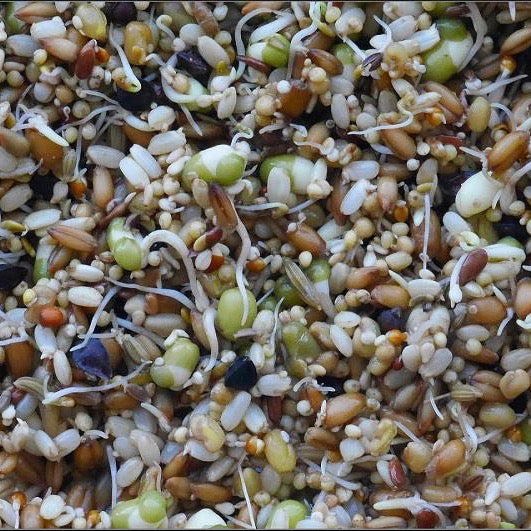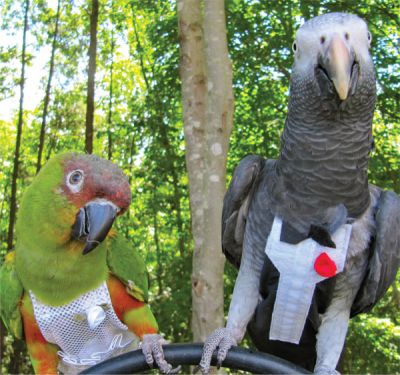
In these days of COVID-19, it’s now normal to end a conversation by saying, “Stay safe!” It’s also becoming second nature to mask up (buttercup!), rub on some hand sanitizer and wipe down items before or after we use them.
But what about keeping our beloved feathered companions safe? Thankfully, we don’t have to worry about them getting COVID-19, but there are a host of other ways our birds can get into trouble, get hurt or even tragically lose their lives – sad to say, it seems that birds can find many “Dumb Ways to Die” (after the famous YouTube video). We can do our best to protect them by making a few key adjustments in their caretaking and environment.
1) Avoid Toxic or Bad Foods – Please don’t feed your birds chocolate, avocado, onions, garlic, tomatoes, mushrooms, celery, caffeine, apple seeds, fruit pits, artificial sweeteners, salt or too many fatty foods (especially animal-based fats).
2) Flying Birds – The decision to clip wings or not has its pros and cons (and flutters full of controversy among both camps of thought), but admittedly, a flighted bird requires more supervision, bird-proofing, and lifestyle changes. Our first conure never learned to fly because her wings were clipped by the breeder before she learned how. So, she just never flew, and we had little to worry about. But our new green-cheeked conure is a determined flyer – he flies even with clipped wings! Now we’re on high alert every time he’s out and about. Here’s a short safety checklist for flighted birds in your home:
- Close all toilets and cover open sources of water. If a bird ends up in there, s/he could drown.
- Keep birds out of the kitchen, especially when cooking. Hot frying pans, open ovens, boiling pots and more are dangerous. Also consider the toxic non-stick coatings on your pans and harmful chemicals inside your self-cleaning oven. Fumes from these items can cause respiratory distress followed by sudden death. For more details, see: https://be.chewy.com/bird-safe-cookware-is-there-a-killer-in-your-kitchen/
- Make sure everyone is aware of where the bird is when entering or exiting the home. If the bird could easily follow you outside, put him in his cage first. If you are having company over or a party with lots of coming and going, it’s best to keep her in her cage for safety. Should your bird become lost, notify local animal shelters within a 50-100 mile radius, and post on the Facebook page ParrotAlert.com.
- Also be careful when closing all doors – a bird could be flying through the doorway just as you’re closing it, or a bird that likes to perch on top of a door could get hurt when the door closes.
- Ceiling fans must be turned off!
- Watch where you walk – and rock! If your bird loves to roam around on the floor, be careful with rocking chairs, furniture that moves, or recliners that open and close.
- Watch them closely with other pets. Even if your dog or cat is gentle with your bird, accidents can still happen.
3) Equipment Checks – Conduct regular toy and cage equipment checks. If something has fraying rope ends, birds’ toes can easily get caught in them, cutting off circulation. Long ropes and chains can cause strangulation. Broken, open metal parts (such as bells or chain links) can impale beaks or beaks and toenails can get stuck in them. The fuzz from Happy Huts, or other cuddly items can get ingested, causing crop impaction. Each day, make sure water bottles are working properly; see that food isn’t stuck in them or the stopper ball isn’t malfunctioning.
4) Air Quality – Birds’ respiratory systems are quite sensitive. Did you know that they don’t just have one set of lungs like we do? They have air sacs throughout their bodies! So try to avoid smoking around them, and spraying hair spray, perfumes and other chemicals. If you have a pest control service, work closely with them to ensure your bird isn’t exposed to any airborne or solid poisons.
Every bird’s home is different, so there may be other safety items to consider not listed here, but these tips will get you off to a great start to help keep your birb healthy and safe!
“Stay safe!” from all of us at Avian Fashions Bird Nerds!
Leave a comment (all fields required)
Comments will be approved before showing up.


